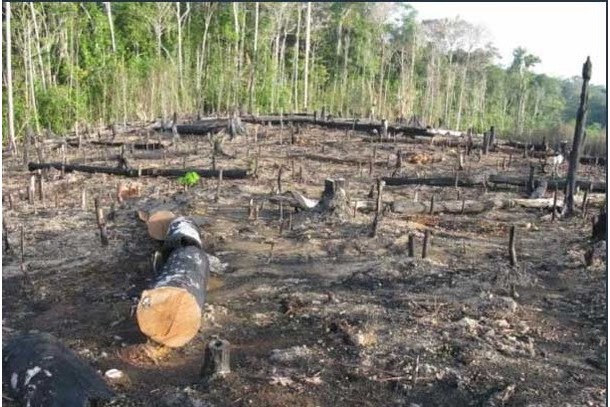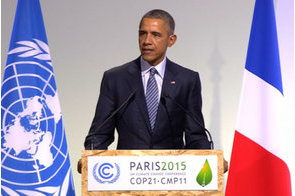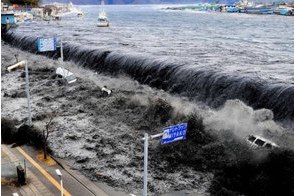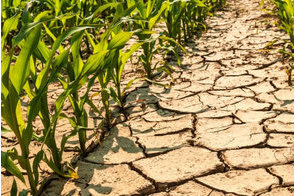Brazil receives $96 million climate fund for reducing deforestation

Summary
Brazil reduced over six billion tonnes of tCO2e of emissions from cutting deforestation between 2006 and 2015.
Brazil has become the first country to receive funding from the Green Climate Fund (GCF), a financial mechanism of the United Nations Framework Convention on Climate Change (UNFCCC), which is backed by the 194 countries who are parties to the Convention. According to a statement by the United Nations Development Programme (UNDP), Brazil reduced over six billion (6,125,501,727.00) tonnes of carbon dioxide equivalent (tCO2e) of emissions from cutting deforestation between 2006 and 2015.
The GCF mechanism helps developing countries to limit or reduce their GHG emissions and adapt to climate change. Brazil received the funding based on the successful reduction of greenhouse gas (GHG) emissions – part of the gases and substances that cause global warming – from deforestation.
The $96 million funding will be used to pilot a new and innovative programme, tagged, “Floresta+.” The programme will be implemented by the Brazilian government and the UNDP, alongside national and local governing institutions, civil society representatives and the private sector. With family farmers, traditional and indigenous communities as primary beneficiaries, Floresta+ will focus on ecosystem restoration, prevention of forest degradation and incentives for environmental services in Amazon biome.
The results achieved by Brazil in the Amazon biome was validated by UNFCCC experts. According to the UNDP, this is an unprecedented milestone for the international community due to the praiseworthy efforts and commitment of Brazil to the protection and conservation of native vegetation as an essential step for the country in reaching the 2030 Agenda for Sustainable Development. The GCF is also part of REDD+ (reducing emissions from deforestation and forest degradation), a mechanism to reward countries for having reduced their deforestation.
“The Floresta+ pilot programme will be an opportunity for extensive multi-stakeholder consultations and participation, and for Brazil to reduce the pressure on native forests and the country’s nationally determined contribution (NDC),” said Maristela Baioni, Brazil’s UNDP Assistant Resident Representative. “We are honoured for the trust placed in UNDP for supporting the country with this important historic initiative. There is much hard work that lies ahead as we move now to the implementation phase.”
According to the UN, deforestation and forest degradation account for approximately 17 percent of carbon emissions. Nigeria is reportedly emitting 320 million tCO2e per year, the second largest emitter in Africa after South Africa. The country has lost more than 50% of its forest cover between 1990 and 2010 – the highest deforestation rate in the world.
Last year, the Convention on International Trade in Endangered Species (CITES) suspended export of rosewood from Nigeria. A UK-based NGO, Environmental Investigation Agency (EIA), estimated that more than four million trees, worth roughly half a billion dollars a year, were cut down in Nigeria from January 2017 to March 2018 in what is thought to be the largest violation of the Convention in history.
Climate change is a priority for UNDP, supporting over 700 projects in 140 countries of a total value exceeding $3 billion. In addition to UNDP’s own resources, the GCF support is delivered in partnership with the Global Environment Facility (GEF) administered trust funds and the Adaptation Fund as well as other multilateral, bilateral and national partners.
Related
-
Friends of the Earth says United States undermines ambitious and just climate deal
...says the Paris Climate Agreement is not a fair, just or science-based deal.
-
UNESCO announces tsunami warning exercise for Pacific rim countries
The Pacific-wide exercise will test the emergency response capacities of countries in the event of tsunamis.
-
Innovation as essential for climate change adaptation in agriculture
Genetic engineering, gene editing, and improved breeding techniques are some of the methods available to produce crops that ...







